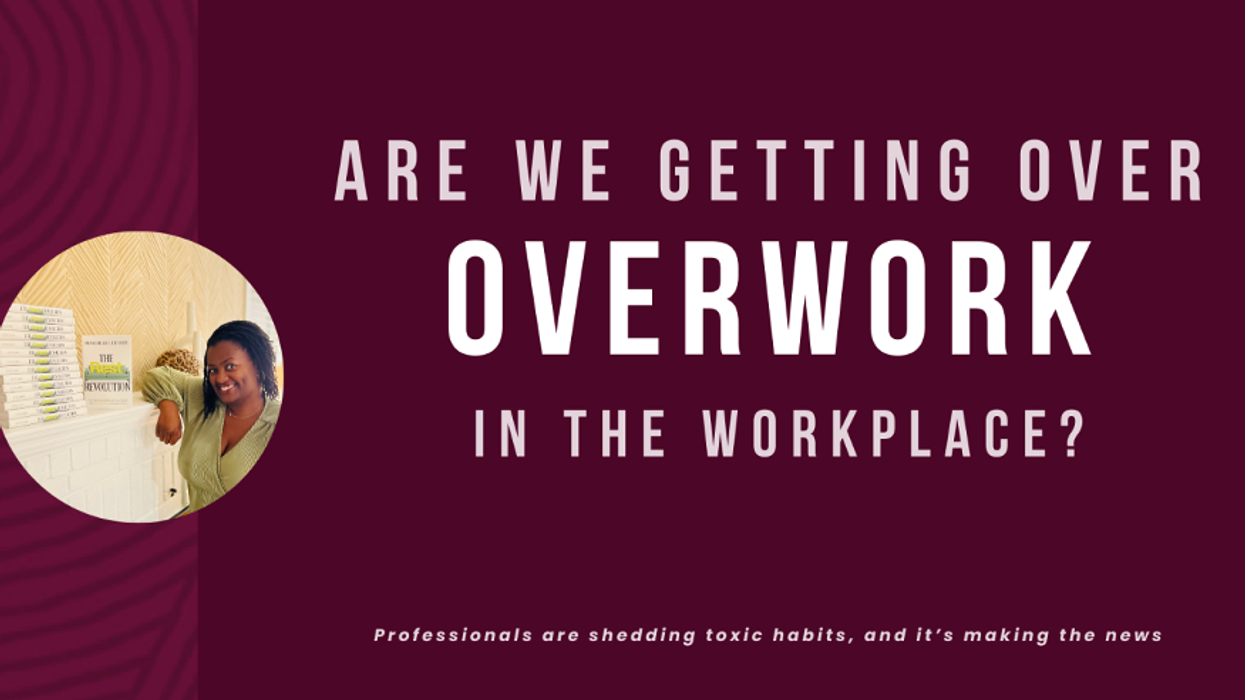September is suicide prevention month. The loss of a loved one to suicide is an unimaginable and deeply traumatic experience. It is a unique form of grief that brings complex emotions—shock, guilt, anger, confusion, and overwhelming sadness. While each person's experience is unique, understanding how to navigate this difficult time can help provide comfort and guide individuals through the healing process.
1. Allow Yourself to Grieve
Grief after suicide is different from other types of grief, as it may include feelings of guilt or wondering if you could have prevented it. This emotional turmoil can create what some experts call "complicated grief"—a persistent form of mourning that is more intense and longer-lasting than typical bereavement.
It is important to understand that there is no "correct" way to grieve. Give yourself permission to feel all emotions without judgment. Whether it’s sadness, anger, confusion, or even relief, these feelings are normal. Allow yourself time to mourn in whatever way you need. Seek out personal outlets for your grief, whether it’s through journaling, art, prayer, or simply sitting with your emotions.
2. Seek Support from Loved Ones
One of the most crucial steps after losing someone to suicide is seeking support. Social isolation can exacerbate the feelings of despair that come with grief. Surround yourself with loved ones who understand the intensity of your loss and are willing to support you.
For many, talking about suicide can feel stigmatized, leading to silence and even shame. However, keeping these feelings bottled up can be harmful. Reach out to family members, friends, or a support group to express what you are going through. These people may not have all the answers, but they can provide a listening ear and a shoulder to cry on. In many cases, finding others who have gone through a similar experience—such as support groups for suicide survivors—can be incredibly validating.
There are also many online and in-person support groups that specialize in helping those who have lost loved ones to suicide. Organizations like the American Foundation for Suicide Prevention (AFSP) offer resources and communities for survivors .
3. Consult a Mental Health Professional
Processing the trauma and grief of a suicide loss often requires the help of a mental health professional. Therapists, counselors, or grief specialists can offer coping strategies tailored to this unique experience. Professionals trained in grief counseling or trauma therapy are particularly helpful for those facing complicated grief or post-traumatic stress disorder (PTSD) after a loss.
In some cases, suicide loss can cause intense self-blame, guilt, or depressive episodes, and professional intervention can prevent these feelings from spiraling into mental health crises of your own. Research shows that seeking therapy after a traumatic loss can lead to improved emotional resilience and better long-term outcomes .
4. Understand That the “Why” May Never Be Answered
One of the most challenging aspects of losing someone to suicide is the search for answers. Survivors are often left wondering why their loved one chose to end their life and if there were signs that were missed. Many people feel an immense sense of responsibility, asking themselves if they could have done something differently to prevent the suicide.
It is essential to understand that while searching for answers is natural, it’s unlikely that you’ll ever fully comprehend your loved one’s inner struggles. Mental illness, depression, and feelings of hopelessness can drive individuals to take actions that feel incomprehensible to those on the outside. Letting go of the need for complete answers can ultimately bring you peace.
5. Take Care of Yourself
Self-care is often the last thing on a person’s mind when dealing with a devastating loss, but it is a vital part of the healing process. Grieving takes an emotional and physical toll on your body, so maintaining your health is critical.
Here are some practical ways to take care of yourself:
- Sleep: Grief can disrupt sleep patterns, so try to establish a regular sleep routine to help your body recover.
- Eat nourishing food: The body needs energy to cope with emotional stress. Even if your appetite is affected, aim for small, nutritious meals.
- Exercise: Physical activity can reduce symptoms of depression and anxiety. Even a short walk outside can improve your mood.
- Set boundaries: It’s okay to decline social obligations or ask for space if you need time alone to process your grief.
Caring for your body can serve as a reminder that you deserve healing and can help alleviate some of the emotional weight.
6. Create Rituals of Remembrance
Honoring the memory of your loved one can be an important step toward healing. Memorials, rituals, or tributes can bring solace by celebrating their life, rather than focusing solely on their death.
Some ways to create a meaningful remembrance include:
- Planting a tree in their honor
- Creating a memory book with photographs, stories, and mementos
- Participating in an event that supports mental health awareness or suicide prevention
- Lighting a candle on anniversaries or special occasions to honor their presence in your life
These rituals serve as an anchor for those experiencing grief and can help transform feelings of loss into lasting memories.
7. Recognize That Healing Takes Time
There is no timeline for grief, and the healing process is not linear. Anniversaries, birthdays, and holidays can trigger intense waves of emotion, even years after the loss. Understanding that grief may ebb and flow over time can help you manage expectations and allow for patience in your healing journey.
Moreover, as time passes, you may find new ways of relating to your grief, whether through acceptance, personal growth, or finding meaning in your loved one’s legacy.
8. Become an Advocate for Mental Health and Suicide Prevention
Many survivors of suicide loss find purpose by becoming advocates for mental health and suicide prevention. Speaking openly about suicide can help reduce the stigma surrounding mental illness and support others who may be struggling with similar issues.
Organizations like the National Alliance on Mental Illness (NAMI) and AFSP provide opportunities for education, advocacy, and community involvement. Getting involved in these efforts can transform your grief into a powerful tool for positive change .
The aftermath of losing a loved one to suicide is a journey filled with pain, questions, and sorrow. Yet, by seeking support, practicing self-care, and connecting with others who understand, you can begin to heal. While the grief may never fully disappear, with time and compassion for yourself, it is possible to find peace and move forward.
Sources:
- Harvard Health Publishing. (2019). Complicated grief. Retrieved from Harvard Health.
- American Foundation for Suicide Prevention. (2020). Coping with suicide loss. Retrieved from AFSP.
- National Institute of Mental Health. (2021). Grief and mental health after loss. Retrieved from NIMH.
- National Alliance on Mental Illness. (2020). Resources for suicide loss survivors. Retrieved from NAMI.






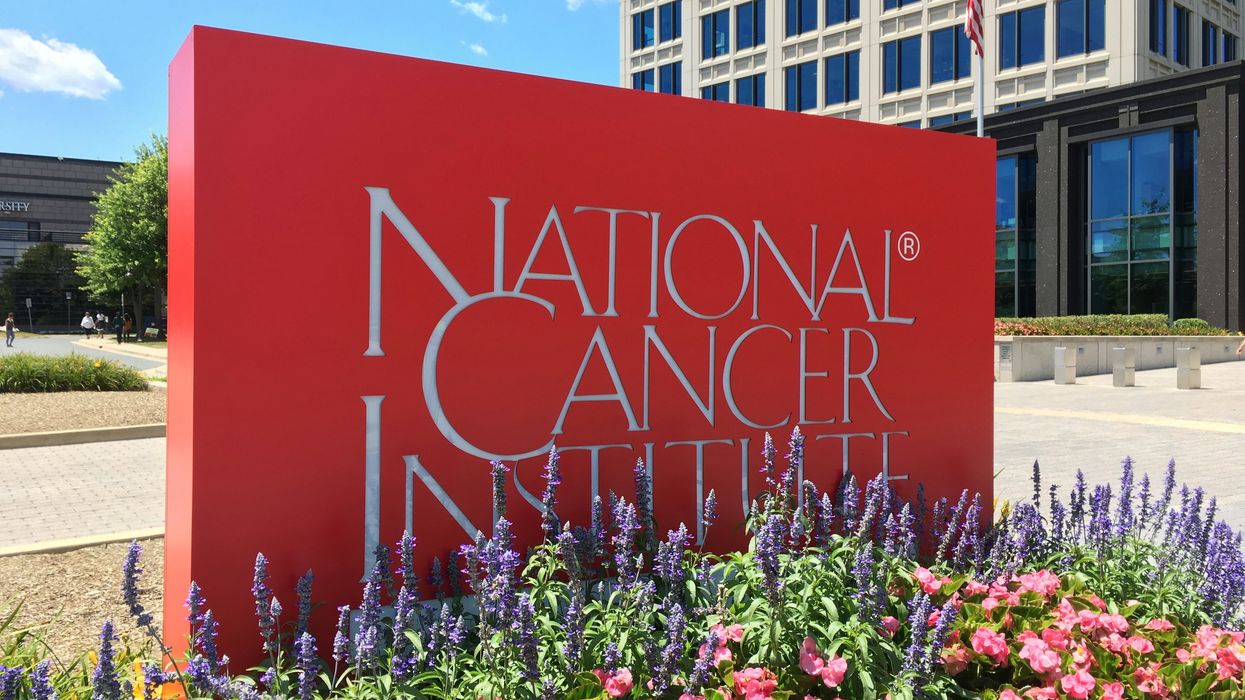
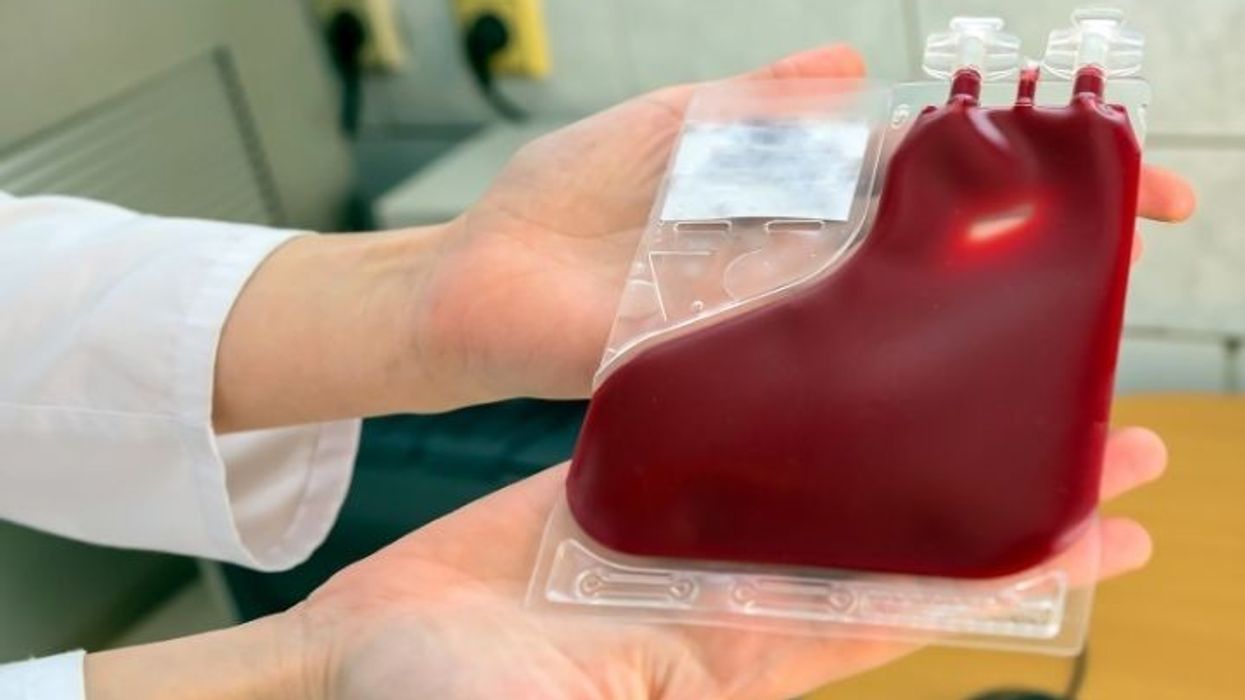

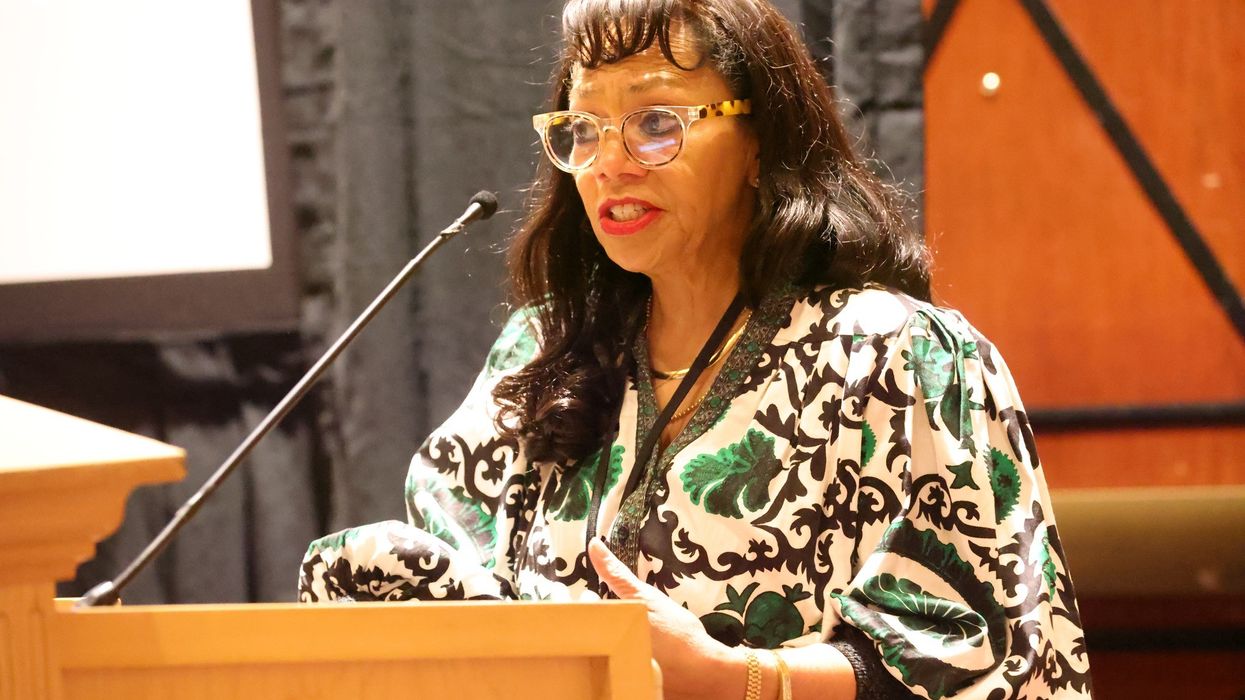



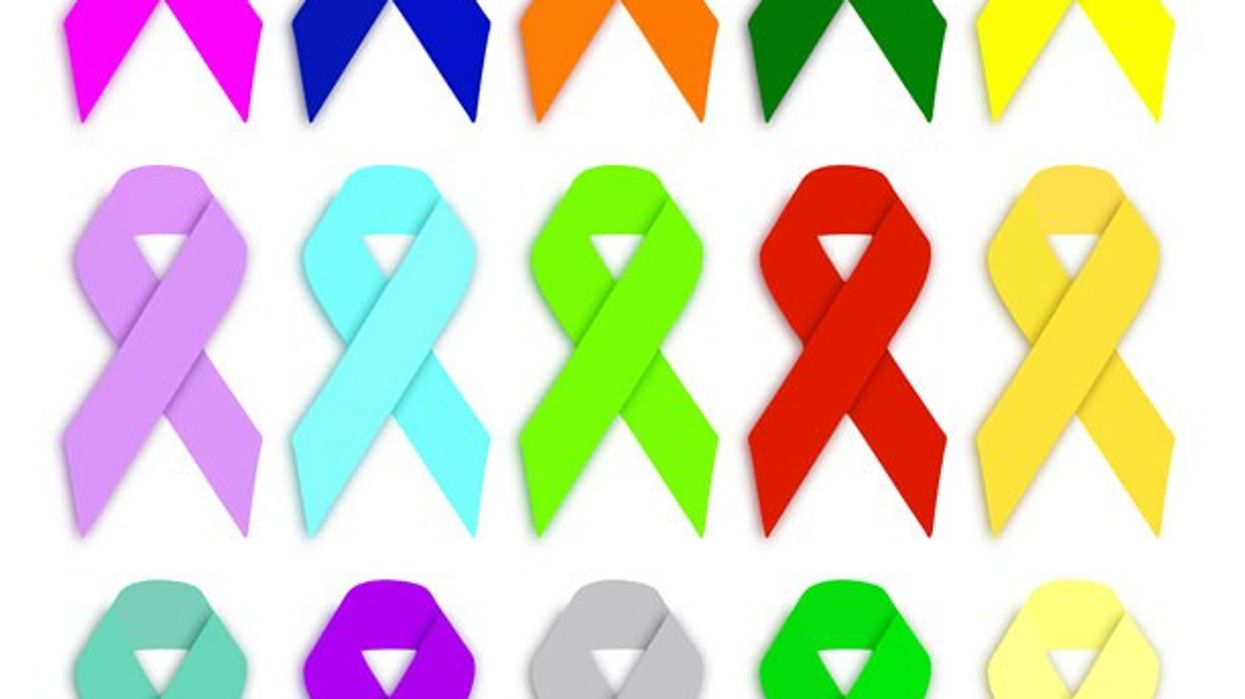

 Dr. Cary S. Kaufman teaches the "Essentials of Oncoplastic Surgery" course through the National Consortium of Breast Centers, providing breast surgeons around the world with advanced techniques for optimal breast surgery outcomes.
Dr. Cary S. Kaufman teaches the "Essentials of Oncoplastic Surgery" course through the National Consortium of Breast Centers, providing breast surgeons around the world with advanced techniques for optimal breast surgery outcomes.